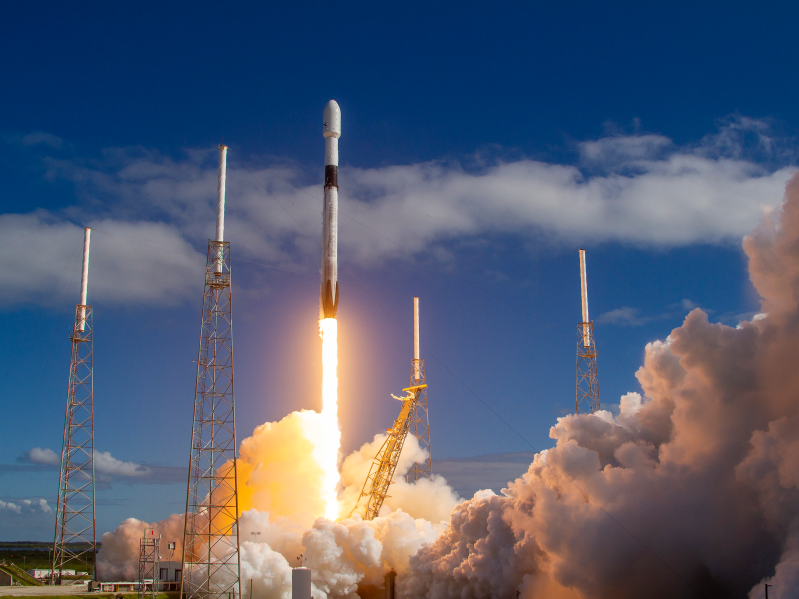
Elon Musk’s plan to station a huge number of satellites over the Earth is as of now beginning to bother cosmologists.
Starlink is the project propelled by Elon Musk’s space investigation organization SpaceX which intends to set up to 42,000 satellites in orbit with the point of carrying high-speed internet to even the most remote corners of the globe.
In spite of the fact that only 120 of the satellites are up and running, they’re now wreaking havoc with astronomical research.
The brightness of the satellites implies that when they cross a piece of the sky being viewed by a telescope, they leave splendid streaks that obscure stars and other celestial objects.
A week ago astronomer Clarae Martínez-Vázquez of the Cerro Tololo Inter-American Observatory (CTIO) in Chile tweeted that 19 Starlink satellites crossed the sky and upset the work of the observatory since they were so brilliant they influenced its presentation. “Rather depressing… This is not cool,” she added.
Dr. Dave Clements of Imperial College London told me that SpaceX is applying a typically Silicon Valley way to deal with Starlink, rushing it through without completely considering the consequences.
“I’m very concerned about the impact of SpaceX’s Starlink constellation on all aspects of astronomy,” he said.
“Move fast and break things might be workable when you’re breaking a competitor’s business model or the outdated assumptions of an industry, but in this case, Musk is breaking the night sky for personal profit. That is unacceptable and is not something you can fix when you’re out of beta. The launches should stop until a solution is agreed with astronomers, professional and amateur.”
Specialists working on a new state-of-the-art observatory because of open one year from now told the Guardian that private satellites propelled by SpaceX, Amazon, and other private firms threaten to risk their work.
Astronomers at the yet-to-open Large Synoptic Survey Telescope (LSST) ran simulations which proposed by far most of the pictures taken by the telescope could be destroyed by brilliant private satellites passing by.
The disturbance brought about by Starlink has not come as an astonishment to the scientific community.
When SpaceX propelled its last batch of 60 satellites prior this month James Lowenthal, Professor of Astronomy at Smith College told the New York Times the project could significantly complicate astronomical research. “It potentially threatens the science of astronomy itself,” he said.
Dan Barwell is a freelance editor for heraldquest.com and he is the best editor. He born in Tempa, and he graduated from the University of Tampa with a Marketing and Economics degree. After beginning his career in content creation and copywriting, he joined the Herald Quest.
Disclaimer: The views, suggestions, and opinions expressed here are the sole responsibility of the experts. No Herald Quest journalist was involved in the writing and production of this article.